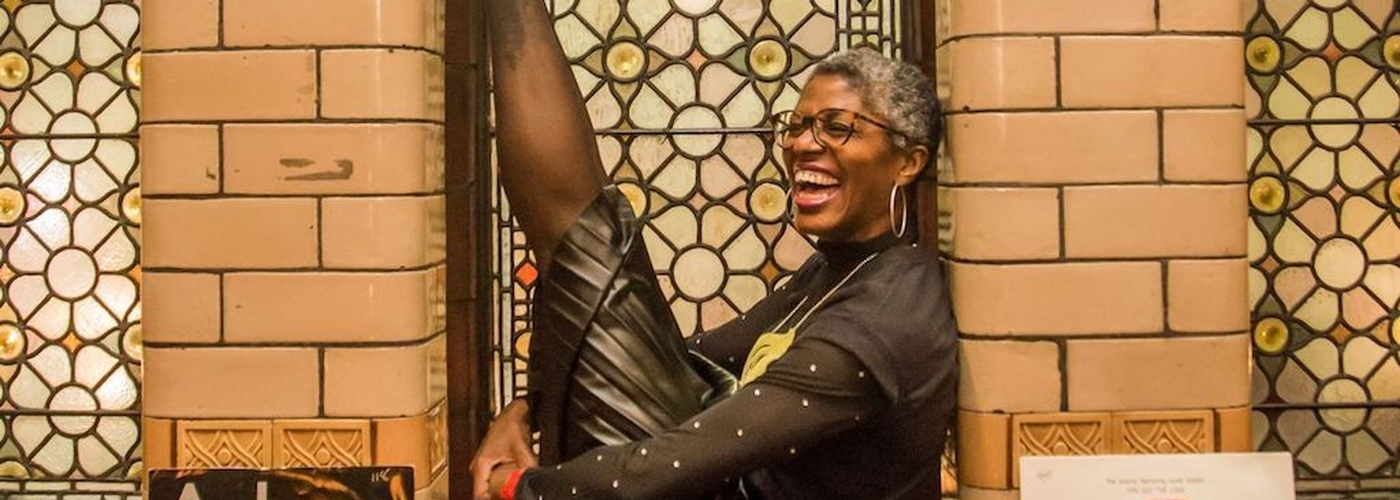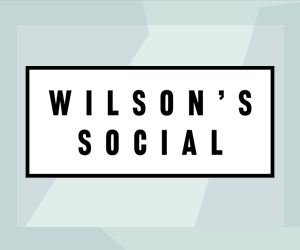Damning statistics revealed amidst calls to make Greater Manchester ‘the best place to be a woman’
As the birthplace of female suffrage, you’d hope Manchester would be relatively progressive when it comes to gender equality. But, while the city does have a lower gender pay gap than the national average, a new report reveals that we still share the same downfalls as much of the UK.
Published by women’s rights organisation Fawcett Society - alongside local social enterprises Happen Together and Amity - the report highlights that there are still ‘boy jobs’ and ‘girl jobs’ in Greater Manchester apprenticeships: women make up just 2% of construction apprentices (a sector where 40% of businesses report hard-to-fill vacancies), 17% of ICT and only 7% of engineering.
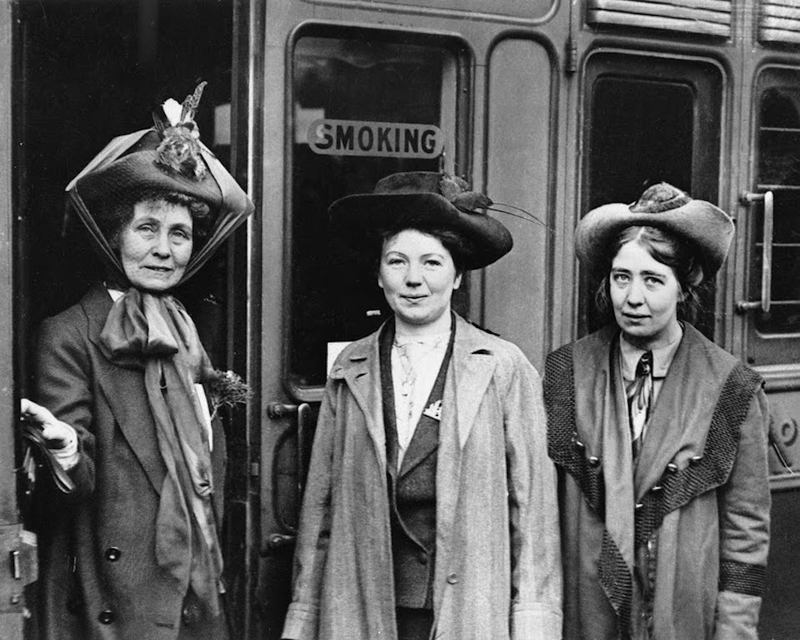
Meanwhile, in social care - a sector worth £5.4bn to the North West region’s economy - figures find that 82% of the 74,200-strong Greater Manchester workforce is female…but 22% are on zero-hours contracts.
And, overall, there are 73,000 fewer women than men employed across the region; more than live in the whole of Rochdale or Oldham.
Unless policy-makers collect data on gender they will struggle to tackle gender inequality and close these gaps
The problem is compounded by the fact that women remain under-represented in public life. Although Mayor Andy Burnham has taken valuable steps to get more women around the top table, just two of the ten Greater Manchester council leaders are women.
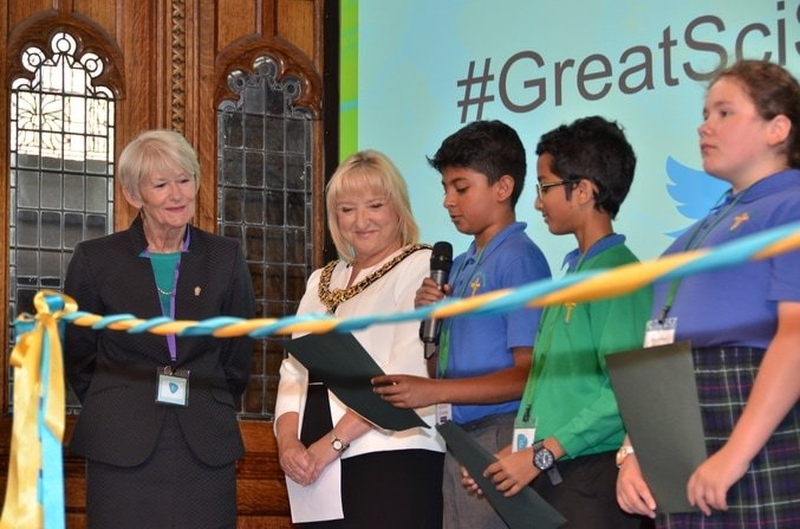
Employment isn’t the report’s only focus, also highlighting there are big differences in how Greater Manchester women and men use public services. Women are 56% more likely to travel by bus in the city region, but they take 67% fewer bicycle trips - posing a challenge to Chris Boardman’s plans to ‘double and then double again’ use of bikes, unless women are included in the plans.
The statistics...
Employment and skills
- There are 73,000 fewer women than men employed across the Greater Manchester area – more than live in the whole of Rochdale or Oldham
- Ethnic minority women overall have lower employment rates, at 47% compared with 73% for white women and 78.1% for white men
- GM has a gender pay gap of 11% overall, and 9.9% for full-time workers. That is less than the national average at 17.4% and 14.1% respectively
- There are 67,900 fewer women working in the ten best-paid occupational groups, like management, STEM, and business – and 44,800 more women working in the ten lowest paid occupational groups, like sales and caring
- Just 10% of better paying (£20k p.a. full-time equivalent) jobs are advertised flexibly across the city region according to Timewise data
Childcare and Social Care
- Women are 30% more likely to provide unpaid care for another adult than men, and 35% more likely to provide over twenty hours per week of care
- Only 22% of councils across the wider North West have enough childcare available for parents working atypical hours
Transport
- Sustrans figures show that women make up just 33% of cyclists in Greater Manchester
- Women are 35% more likely to walk than men, 34% more likely to take the Metrolink and 17% less likely to travel by train in Greater Manchester
The report has been issued to coincide with the launch of a project called ‘Making Devolution Work for Women’. This is designed to ensure that issues of most importance to women are listened to by the Mayor and his cabinet, and that women’s voices are heard throughout the new structure; something to which Mr Burnham has committed.
Sam Smethers, Fawcett Society Chief Executive, said: “Our challenge to the Mayor is to make Greater Manchester the best place in the UK to be a woman. Women in the region see a pay gap of 11%, and find their skills and expertise are under-used. They carry out the majority of unpaid caring work and older women have the worst life-expectancy in England.
“Women also have very different transport needs to men. By investing in services which meet those needs we will see the economy thrive and real improvements in women’s lives.”
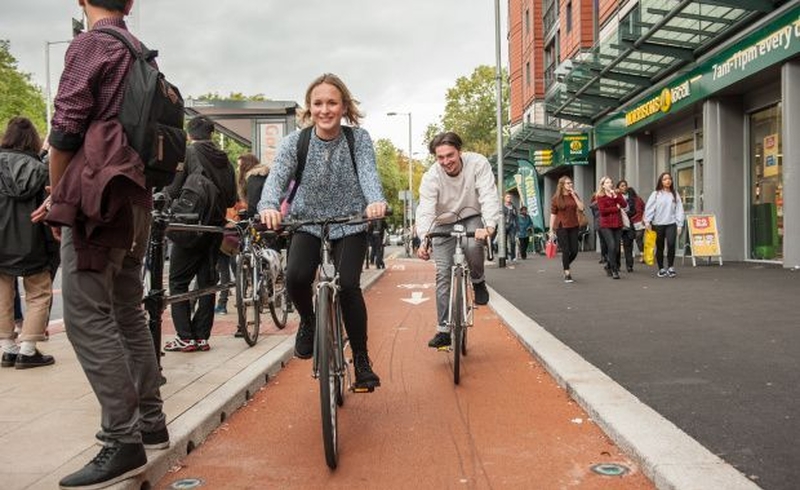
Gender inequality in Manchester: what else is happening?
Good Employment Charter
This GMCA initiative is designed to benefit all employers and employees - promoting fair pay, high quality secure jobs and productive workplaces - but some points will particularly benefit women, including flexible working and tackling discrimination.
Keychange pledge
Music is one of the most hostile industries for women internationally, and music festivals are a sad reflection: last year women made up 26% of the line-up in a sample of large music festivals and less than 10% of headliners in a survey conducted in the US - prompting this global pledge for a 50:50 gender balance by 2022. GM festivals to sign up include Head for the Hills, Bluedot, Manchester Folk Festival and Expo, Manchester Jazz Festival and Off the Record.
Suffrage centenary
Manchester is marking the centenary of women’s votes in many ways this year, particularly in regard to its suffrage history: from SNIK’s suffragette mural to the Women’s Words project and Emmeline Pankhurst’s portrait and statue. Her daughter Sylvia, meanwhile, is being remembered in a Bruntwood mural competition - as well as a bee sculpture at the People’s History Museum, whose award-winning Represent exhibition covers the campaign for women’s votes.
Main image: DJ Paulette





